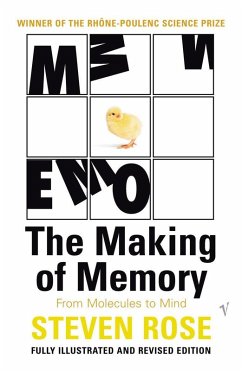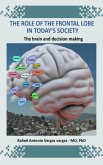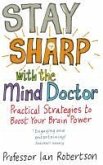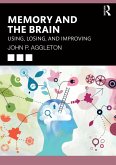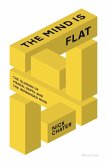When the first edition of this fascinating book won the Science book Prize in 1993, the judges described it as 'a riveting read...a first-hand account by a practicing scientist working at the forefront of medical research and Rose does not duck the issues which that raises.'
Now ten years on, research has itself moved forward, and Rose has taken the opportunity to fully revise the book. But this is more than mere revision. Where ten years ago he argued the case for research on memory because it is the most extraordinary of human attributes, Rose's own research has now opened the doors to a potential new treatment for Alzheimer's Disease undreamed of a decade ago, and in an entirely new chapter he describes how this potential breakthrough has occurred.
Dieser Download kann aus rechtlichen Gründen nur mit Rechnungsadresse in A, B, BG, CY, CZ, D, DK, EW, E, FIN, F, GR, HR, H, IRL, I, LT, L, LR, M, NL, PL, P, R, S, SLO, SK ausgeliefert werden.

